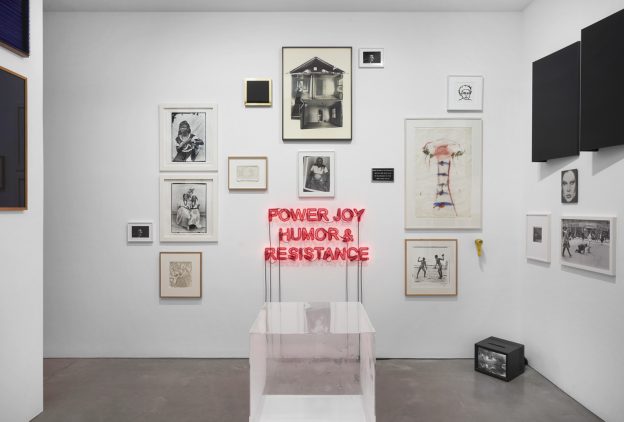January 14
In this seminar, we are introduced to the ‘labours of memory and forgetting’ after periods of political violence such as state repression, war, genocide, plantation slavery, occupation, and settler colonialism. What are memory labours and who are memory entrepreneurs? What/who/why do societies remember and forget? What is the role of the state? What are the myriad of ways individuals and collectives mobilize memory to contest state violence, silence, and denial, including the fiction that ‘the past is in the past’?
To prepare for this class, first watch the film and then do the readings to connect to the film (or vice versa). Email a photograph of a moment/person/event/site which captures the essence of memory and justice struggles against forgetting, amnesia and erasure—one which conveys the labours of memory/entrepreneurs and power.
Readings
- Connerton, Paul. “Seven types of forgetting.” The Present Word. Culture, Society and the Site of Literature. Routledge, 2017. 150-165 (15 pages)
- Jelin, Elizabeth. 2003. State Repression and the Labours of Memory. Minneapolis: University of Minnesota Press, pp. Introduction; Chapters 2-3, pp 8-45 (UBC Library – Online). (37 pages)
- Watch: The Descendant. Documentary Film by Margaret Brown. On Netflix and other streaming services.
Presentation: Alfredo Jaar, Rwanda (exercise, ‘Newsweek’)
